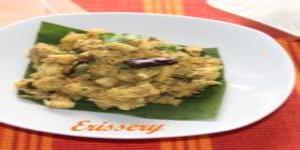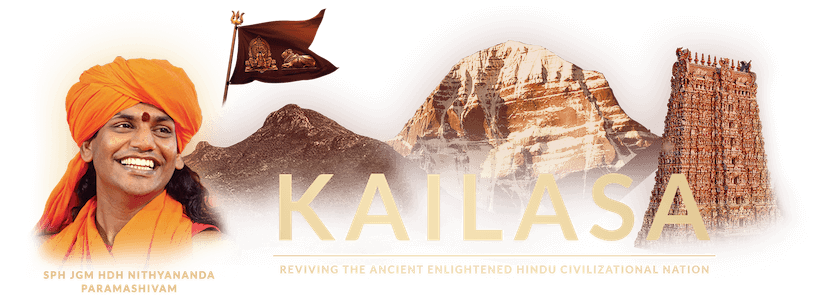
Scope
Kootu is a lentil and vegetable dish, particularly in Tamil and Kerala cuisines. The etymology for kootu is derived from the Tamil word “kootu” which means “add” i.e. vegetable added with lentils form the dish, which is semi-solid in consistency. Like the curd or moru based dishes, kootu are also side dishes, similar to dhal fry, pachadi and curry, sometimes devoid of the tangy or sourness of tamarind or curds. Kootu is a tasty side dish as well as a very healthy food.
The dish is noted for its nutty and complex flavors and textures, owing to the liberal addition of lentils and coconuts. It is typically less watery than sambhar, but more so than dry stir-fries. All kootus by default have some vegetables and lentils, but many variations of kootu exist.
Poricha Kootu: A kootu made with urad dhal and pepper is called poricha (means “fried” in Tamil) kootu. Fried urad dhal, pepper, few red chilies, some cumin and fresh coconut are ground together. Moong dhal and the cut vegetables are cooked separately. Then, the ground paste, cooked vegetables and moong dhal are mixed and heated. Vegetables such as beans and snake gourd are common ingredients in this kootu.
Araichivita Kootu: A kootu which has a powdered (freshly ground) masala in it; the word araichivita in Tamil literally translates to “the one which has been ground and poured.” The ground paste is a mixture of fried urad dal, cumin seeds and coconut.
Araichivita Sambar: The chopped vegetables and toor dhal are cooked separately. Then, the ground paste, cooked vegetables and dal are heated together to which a ground paste of coconut, Bengal gram, coriander, red chilies, a few pepper corns, a piece of cinnamon is added. The dish is completed with a seasoning of mustard.
https://en.wikipedia.org/wiki/Koottu
Ingredient and Process of Cooking
Ripe Plantains – 10 palam
Sour Butter Milk – veesam 1/16 padi
Turmeric Powder – ¼ ru.a
Pepper – palam
Turmeric Powder – ru.a
Red Chilly – ¾ palam
Salt – ½ palam
Coconut – 1
Cumin Seed – ru.a
Coconut Oil – 2 palam
Mustard Seed – ¼ palam
Black Gram – ¼ palam
1. Peel off the skin, stalk and remove the tip and split the ripe bananas. Cut them vertically into four pieces.
2. Make thin slices of the ripe bananas and take them in a lead coated vessel and keep aside. Mix the sour butter milk and turmeric powder with cut ripe banana, add water to it, wash well and discard the water.
3. Now add enough pure water so that the cut pieces of ripe banana gets immersed and the water level should be ½ inch above the banana. Mix turmeric powder, pepper, red chilli and salt and grind them into a fine paste.
4. Add the paste to the ripe banana and mix well. Keep it on the fire and bring to boil. Mash the banana with a spoon and make a paste out of it when it is completely cooked and before the water has not drained fully.
5. Grate the coconut and divide it into three equal portions. Mix cumin seeds with one portion and grind nicely. Add little water, mix well and add to Ericheri. When it starts boiling, take it out of the fire. Now take a vessel to hold the whole of Erissery, add the rest of the two parts of coconut shreds and keep on fire.
6. Mix grated coconut slowly till it becomes dry. Add the coconut oil to the grated coconut that is getting fried and when the oil heats up add mustard seeds, black gram to the hot oil and when the mustard splutters, add the Erissery to it and mix well.
7. Following the same procedure, Erissery can be prepared with yam, rasthali (type of plantain), sweet pumpkin and chinese long bean(snake bean).
References
Hindu Bhaga Sasthiram: Click Here
Hindu Compliance Body
The Hindu compliance body was established under the executive order of The Supreme Pontiff of Hinduism, dated August 14, 2020, order number 10010, under the title Reviving the Hindu Compliance System and Body
to create, promote, spread and teach the standard procedures for all products and services that are in compliance Hindu Shastras.
Copyright
HCS has the copyright of all its publications. No part of these publications may be reproduced in any form without the prior permission in writing to HCS. This does not preclude the free use, in the course of implementing standard, of necessary details mentioned above. Enquiries related to copyrights to be addressed to KAILASA.
